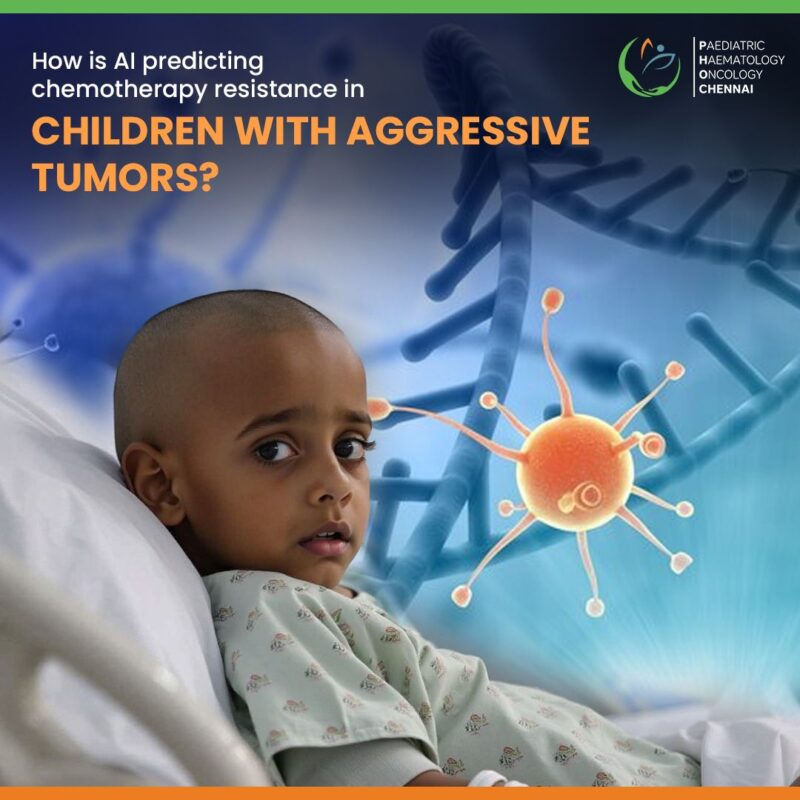Rishab Bharadwaj, Consultant at
“Artificial intelligence (AI) is revolutionizing the fight against aggressive tumors in children by predicting chemotherapy resistance.
This innovation is crucial in pediatric oncology, where early detection and personalized treatment can significantly improve outcomes.
The Role of AI in Predicting Resistance:
AI systems analyze complex genetic data and medical images to identify patterns that indicate potential resistance to chemotherapy.
For instance, researchers have developed machine learning algorithms that decode genetic mutations within tumors to predict their response to chemotherapy.
Applications in Pediatric Oncology:
In pediatric oncology, AI is being used to improve the diagnosis and treatment of aggressive cancers like neuroblastoma.
Researchers have employed advanced sequencing techniques to understand how neuroblastoma cells evade chemotherapy by becoming dormant, leading to resistance. AI can help identify such resistance mechanisms and tailor treatments accordingly.
Statistics and Impact:
- Accuracy in Diagnosis: AI models have shown high accuracy in diagnosing pediatric cancers, including leukemia, with an overall accuracy of 88%, sensitivity of 80%, and specificity of 90%.
- Personalized Treatment: By predicting chemotherapy resistance, AI can help doctors choose the most effective treatments, potentially reducing the need for multiple rounds of chemotherapy and improving patient outcomes.”



